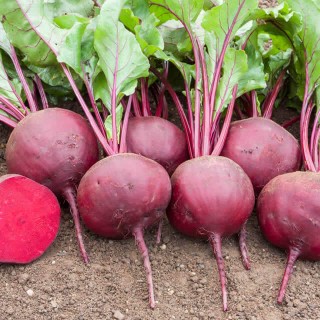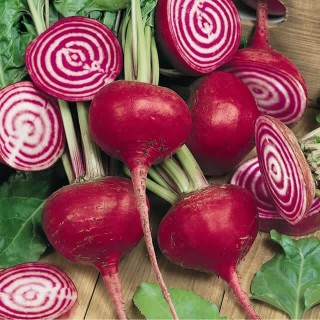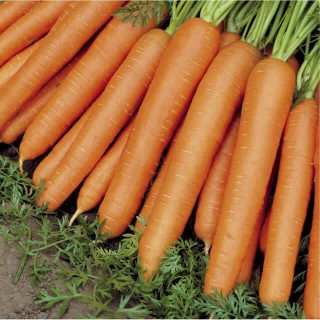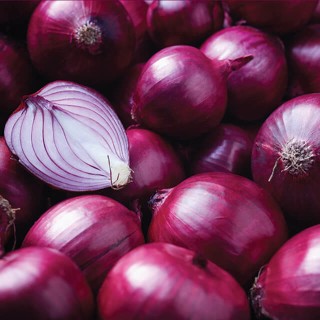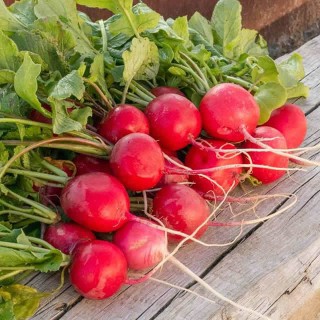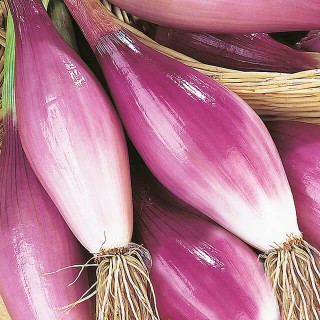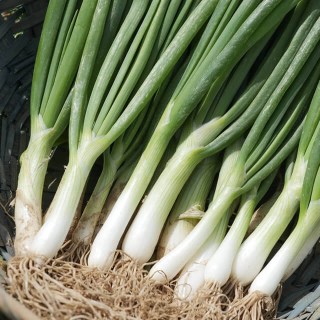Natural Root and Tuber Vegetable Seeds
Natural agriculture has gained popularity in recent years due to its emphasis on sustainability, ecological balance and respect for natural cycles. Within this broader spectrum of natural agriculture, natural root and tuber seeds play a crucial role. In this article, we'll take a closer look at what natural seeds are, how they differ from conventional seeds, and why more and more farmers are switching to this approach.
The Essence of Natural Seeds
Natural seeds are produced according to the principles of natural agriculture, a philosophy that builds on the ideas of Rudolf Steiner. These seeds come from crops grown in accordance with natural principles, which focus on promoting soil health and creating a balanced ecosystem. The use of chemicals and synthetic fertilizers is kept to a minimum, making the seeds not only nutritious but also contributing to the overall health of the soil.
Natural agriculture uses specific rhythms and cycles of nature, such as the phases of the moon and planets, to plan planting, growing and harvesting. This approach goes beyond conventional organic farming and emphasizes the importance of a holistic approach to agriculture.
Differences from Conventional Seeds
One of the main differences between natural and conventional seeds lies in the way the crops are grown. Conventional farming often uses chemical pesticides and fertilizers to increase yields, while natural farming relies on natural processes and improves soil quality without harmful chemicals.
Natural seeds often carry the Demeter quality mark, which indicates that the production process meets strict natural standards. This quality mark is recognized worldwide and guarantees the highest standards in the field of sustainability and ecological agricultural practices.
Benefits of Natural Root and Tuber Vegetable Seeds
Improves Soil Health: Natural agriculture emphasizes building healthy soil structure. By using natural fertilizers and compost, natural root and tuber crops improve soil fertility in the long term.
Increased Nutritional Value: Research suggests that crops grown according to natural principles can have a higher nutritional value than their conventional counterparts. This can result in healthier and more nutritious roots and tubers.
Environmental friendliness: The reduced use of chemicals and fertilizers in natural agriculture contributes to reducing the environmental impact. This places less burden on the ecosystem, which is beneficial for biodiversity and the conservation of natural resources in the long term.
Sustainable and ecological approach
Natural root and tuber seeds represent a sustainable and ecological approach to agriculture that not only improves crop quality, but also contributes to the health of the soil and the environment. While this approach continues to grow in popularity, the benefits point to a promising future for natural agriculture and the value of using natural seeds in modern agricultural practice.

